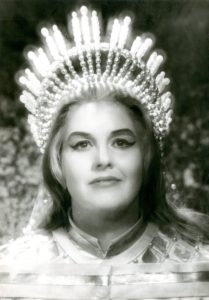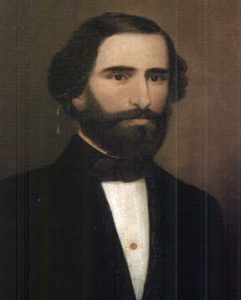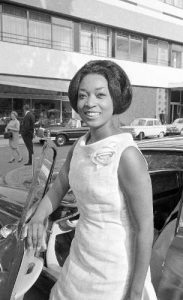Podcast: Play in new window | Download (Duration: 1:33:16 — 97.2MB) | Embed
Subscribe: Spotify | TuneIn | RSS | More
I’m still under the weather, but I can’t let that keep me from posting my usual Tuesday episode! Here is another recycled bonus episode, this one posted two years ago in honor of my birthday, which features some of my favorite singers. At that time I posted a brand new episode entitled “Dan’s Picks,” but many of the best selections ended up on the cutting room floor. That hurt my heart so much that I had no choice but to do a companion episode which features a number of things that were lacking from the main episode: first of all, more tenor goodness (Aksel Schiøtz, Franco Corelli, Sándor Kónya, Jussi Björling, Richard Crooks, Ian Partridge); second of all, more burly baritones (Jorma Hynninen, Ettore Bastianini, Riccardo Stracciari, and the lesser-known megawatt talent Hugo Hasslo). Also heard are a number of sopranos that have not received enough Countermelody airtime (Edith Mason, Maria Vitale, Andrée Esposito, Lucia Popp), as well as a number of favorites that we (I?) simply can’t get enough of: Muzio, Lehmann, Olivero, Farrell, Steber. I even set aside modesty to include a brief clip of me from a demo I recorded some time ago, back when I could still sing! Every selection in this episode is very dear to my heart; I hope you will enjoy listening as much as I enjoyed putting it together.



